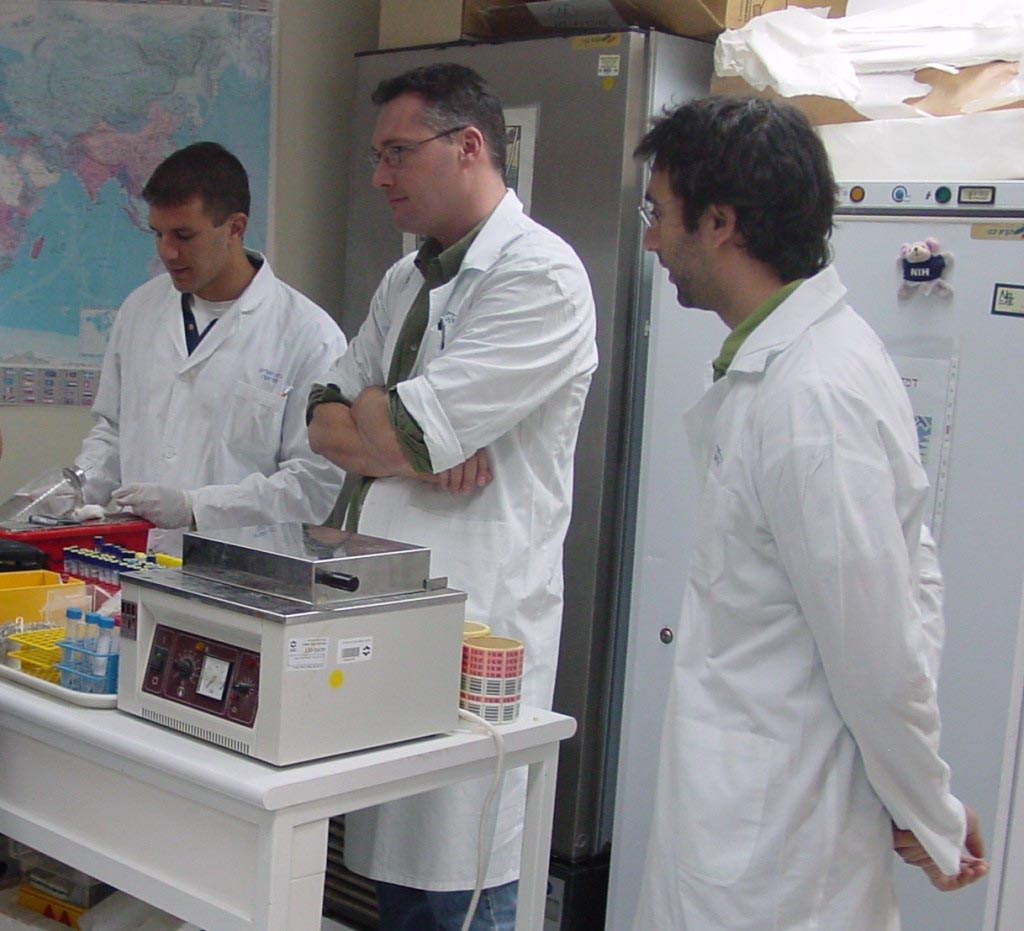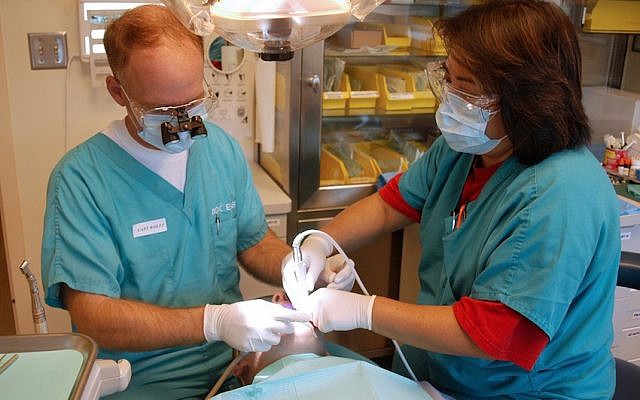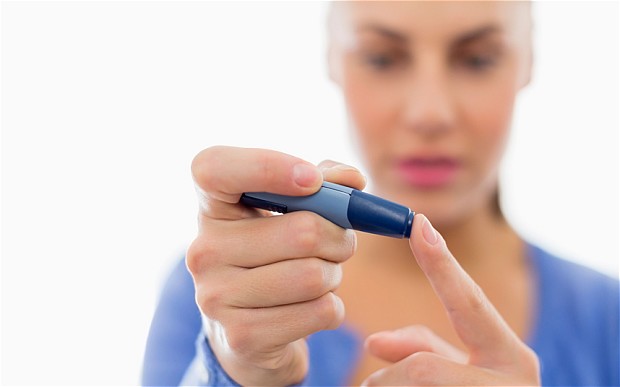
Reversing Type 1 Diabetes
April 19, 2017
Reader’s Digest — A diagnosis of type 1 diabetes means a lifetime of constant diligence. Unlike type 2 diabetes, patients are born with type 1 diabetes, and have to check blood sugar levels several times a day and take insulin as needed.
What’s more, doctors diagnose more than 18,000 children and teens [in the United States] with type 1 diabetes every year, according to the U.S. Centers for Disease Control and Prevention (CDC).
Now, a BGU research team, led by Prof. Eli Lewis, Ph.D., may have found a way to minimize the needed doses of insulin or even reverse type 1 diabetes, using an immune system protein called alpha-1 antitrypsin (alpha-1). Normally, insulin gets lower and lower over time in diabetics, but extra alpha-1 seems to help the body produce more.
Researchers gave 12 recently diagnosed type 1 diabetics an alpha-1 drip once a week for eight weeks during a study that was published in The Journal of Clinical Endocrinology and Metabolism. For over a year following treatment, two of the patients have been making more of their own insulin. Another three saw only minor decreases, which is a good sign.
“Compared to the natural course of the disease, which is downhill, even a flat line is considered a success,” says Prof. Eli Lewis, co-author of the study and a lecturer of clinical biochemistry and pharmacology in BGU’s Faculty of Health Sciences.
More good news, according to Prof. Lewis, is that alpha-1 infusions are already FDA-approved for treating a rare lung disease. Because the protein naturally occurs in the body, it should be fine to use for different conditions.
“This is the safest approach today in any clinical trial,” says Dr. Lewis.
Diabetics often go through a “honeymoon” phase soon after diagnosis when their symptoms get better but then go downhill again. But Dr. Lewis says his research isn’t just piggybacking off of that natural improvement.
“The oldest trial we’ve been following is almost 10 years ago now,” he says. “A child received eight infusions and he’s still, 10 years later, in the honeymoon.”
A few of Prof. Lewis’s study participants have been able to go off insulin altogether. One child had a blood sugar spike, but Lewis was pleased — it was because he had eaten a slice of cake at a party.
“This is what I wanted — kids to be active and eating cakes,” he says. “He’s out of the woods. It is two and a half years later, and he’s eating normally.”
This post is excerpted from a story by Marissa Laliberte, who recently participated in Americans for Ben-Gurion University’s 2017 Murray Fromson Media Fellowship.




